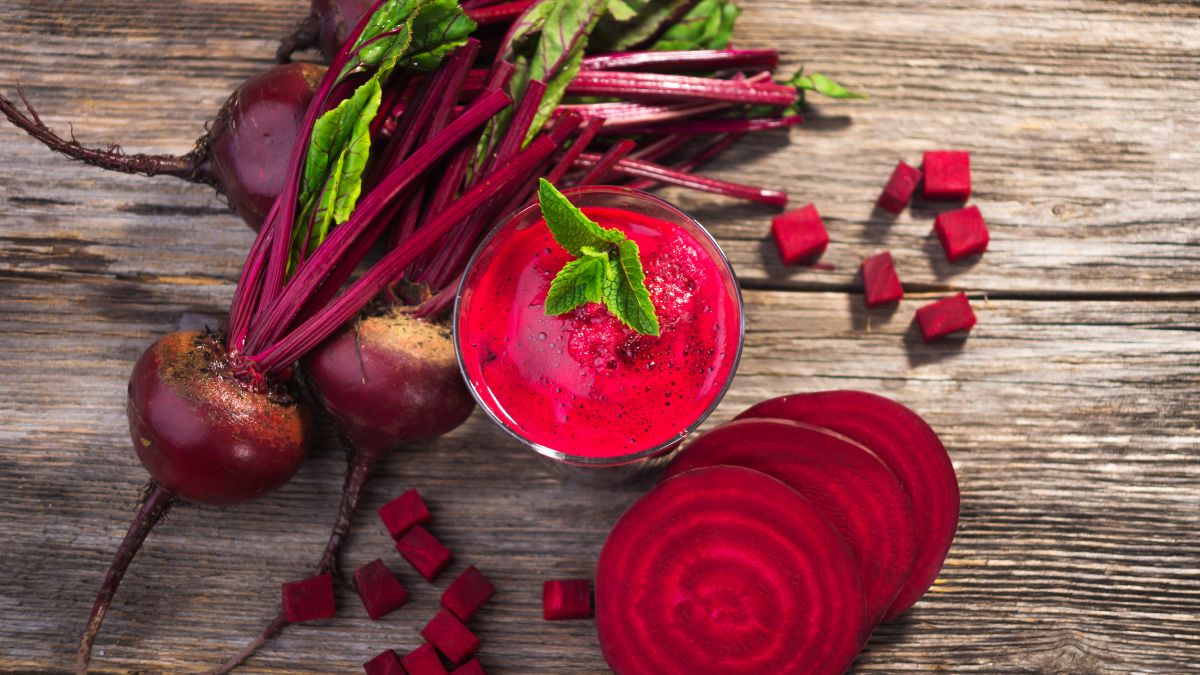Quick Answer: Beets can be beneficial for managing PCOS symptoms due to their nutrient profile and potential effects on hormonal balance.
You know, I wasn’t planning on writing about beets and PCOS today. But one of my clients asked me about it during our last session, and I realized it’s a topic many of you might be curious about too. So, let’s dive in and explore whether beets can be a helpful addition to your PCOS-friendly diet.
Beets are often overlooked in the veggie world, but they’re packed with nutrients that can be particularly beneficial for women with PCOS. These vibrant root vegetables are rich in folate, manganese, and fiber, all of which play important roles in managing PCOS symptoms. Folate, for instance, helps regulate ovulation and improve egg quality, which can be a game-changer if you’re trying to conceive.
But that’s not all. Beets also contain a compound called betaine, which supports liver function. Why does this matter for PCOS? Well, a healthy liver is crucial for hormone metabolism, including the breakdown of excess androgens that can wreak havoc on your hormonal balance. By supporting your liver, beets may indirectly help keep those pesky PCOS symptoms in check.
Now, I’ll be honest with you. When I first started recommending beets to my PCOS clients, I was a bit skeptical. But after seeing the positive changes in their energy levels and overall well-being, I became a believer. Many of my clients report feeling more energized and less bloated after incorporating beets into their diets regularly.
One thing you might be wondering is how to actually eat more beets. Don’t worry, I’ve got you covered! You can roast them, grate them raw into salads, or even juice them. My personal favorite is blending them into smoothies – it’s a great way to mask their earthy taste if you’re not a fan.
It’s important to note that while beets can be beneficial, they’re not a magic cure for PCOS. They should be part of a balanced diet that includes plenty of other vegetables, lean proteins, and healthy fats. And remember, everyone’s body is different. What works for one person might not work for another.
Before we wrap up, I want to address a common concern I hear about beets: their sugar content. Yes, beets are higher in natural sugars compared to some other veggies. However, they also have a low glycemic index, meaning they don’t cause rapid spikes in blood sugar levels. This makes them a good choice for managing insulin resistance, a common issue in PCOS.
I hope this post has shed some light on the potential benefits of beets for PCOS. Remember, nutrition is just one piece of the PCOS puzzle. If you’re struggling with symptoms, it’s always best to work with a certified nutritionist who can create a personalized plan for you.
Now, I’m curious to hear from you! Have you tried incorporating beets into your PCOS diet? What was your experience? Drop a comment below, and I’ll make sure to respond as soon as I can. Your questions and experiences help me create content that’s truly useful for our community. So don’t be shy – let’s keep the conversation going!
